Country: Zambia
-
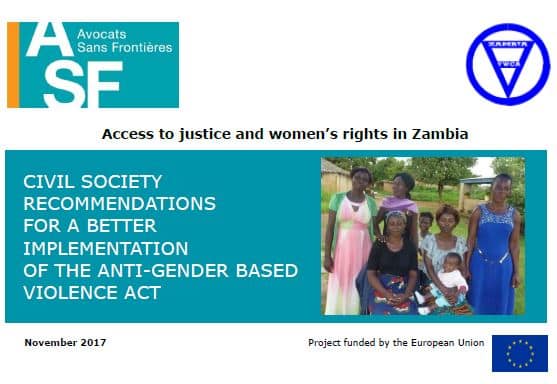
-
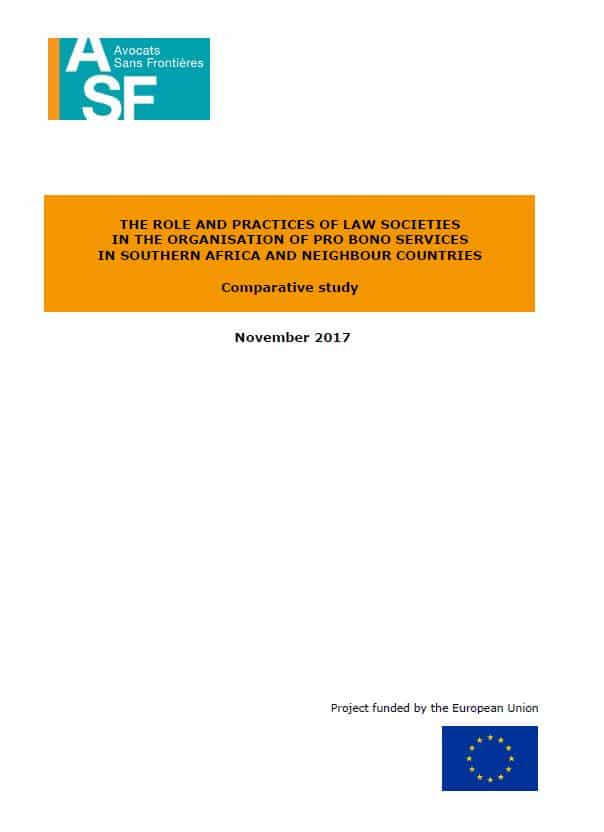
-
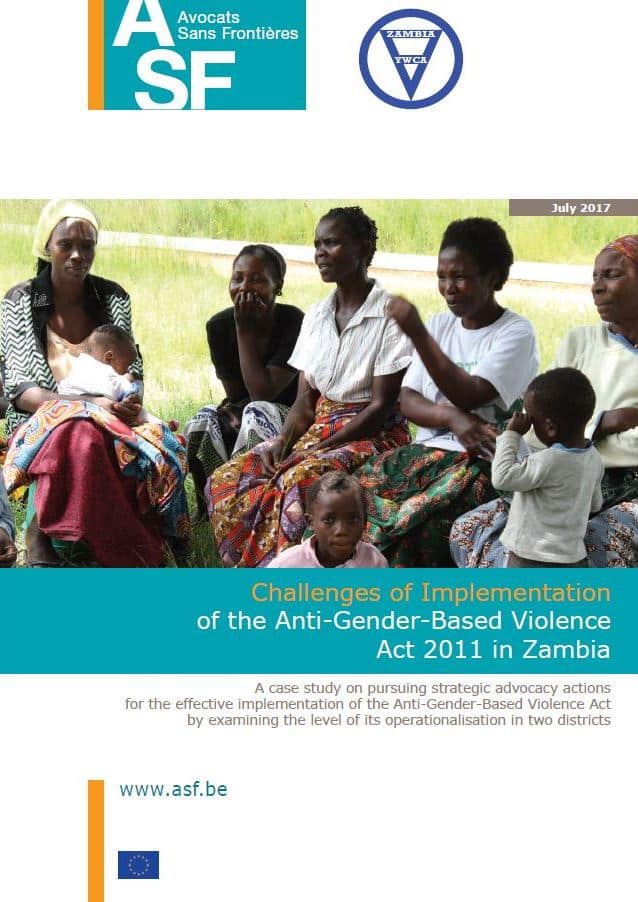
-
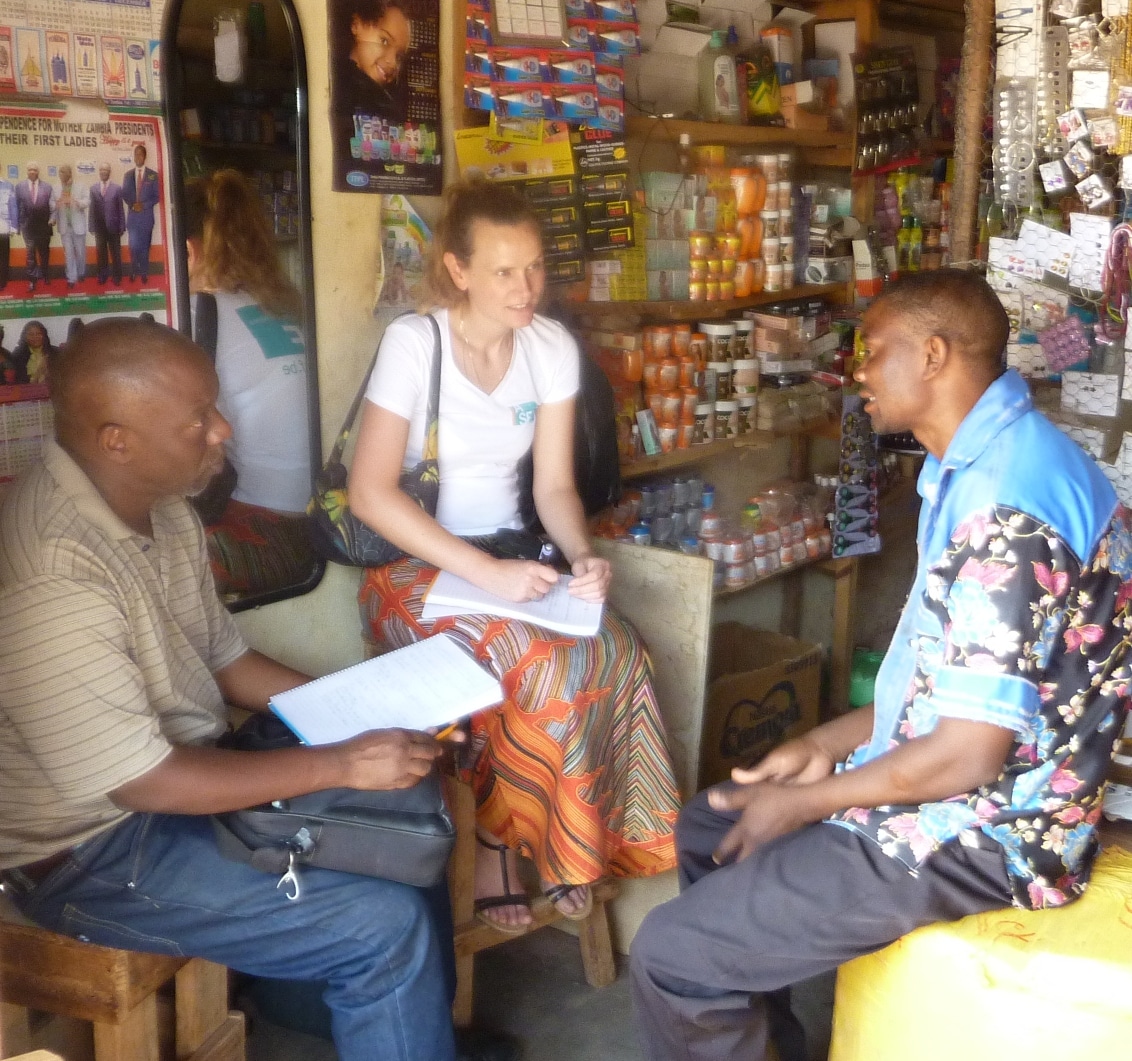
Women’s rights in Zambia: involving all levels of society
On this 8 March, International Women’s Day, ASF is focusing on the project it has been running in Zambia for the past year in partnership with the organisation Young Women’s Christian Association. The aim of making women the authors of their own emancipation is central to the activities of both organisations. The first results are…
-
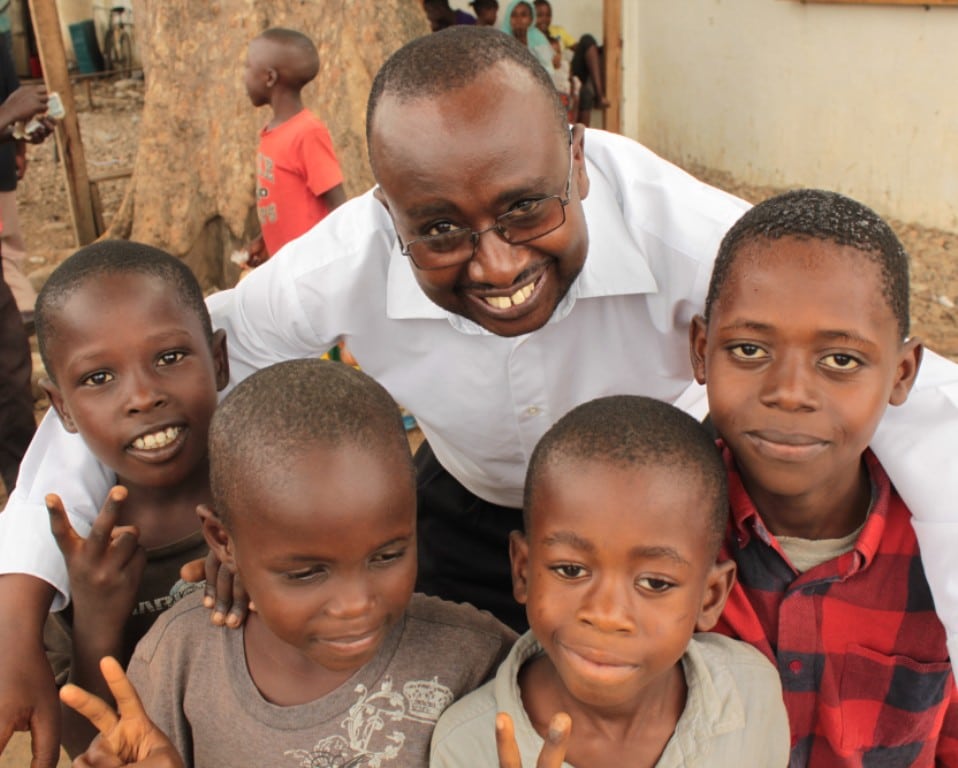
“If you are convinced about ASF, then yes, make a donation”
If access to justice is to be sustainable, the capacity of international actors such as ASF should also be sustainable. In essence that is the message from ASF Executive Director, Francesca Boniotti, on the occasion of the publication of the NGO’s 2015 Annual Report.
-
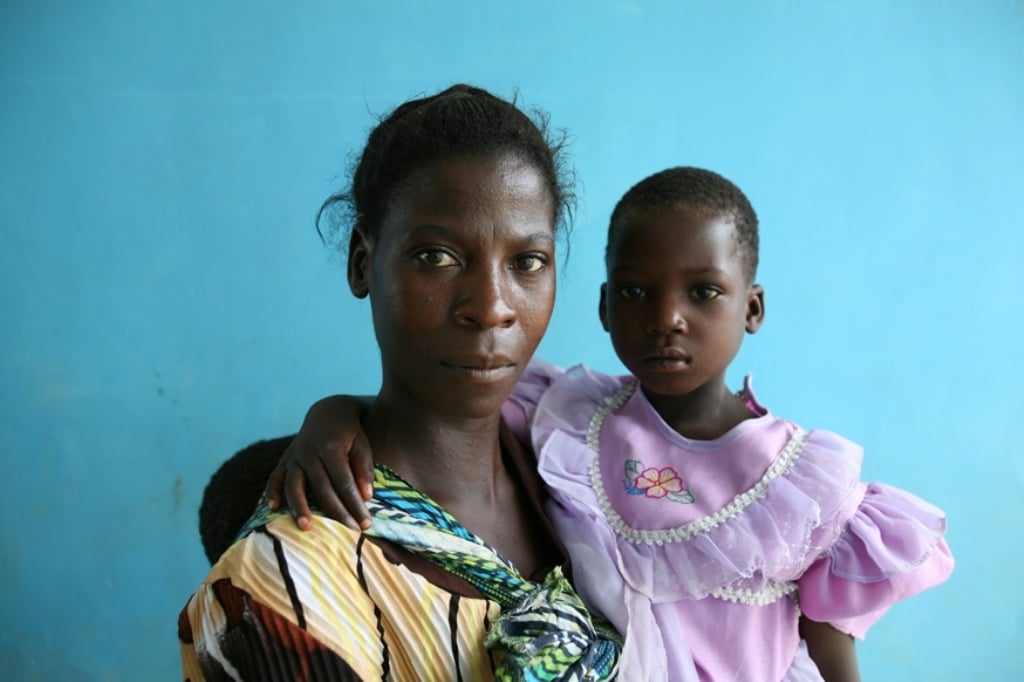
Zambia: Working to make women’s rights a reality
On International Women’s Day, ASF presents its new project for Zambia. In this country, like many others, women are particularly vulnerable. In partnership with the Zambian Young Women’s Christian Association, ASF aims to help women to claim and exercise their rights, and promote gender equality.
